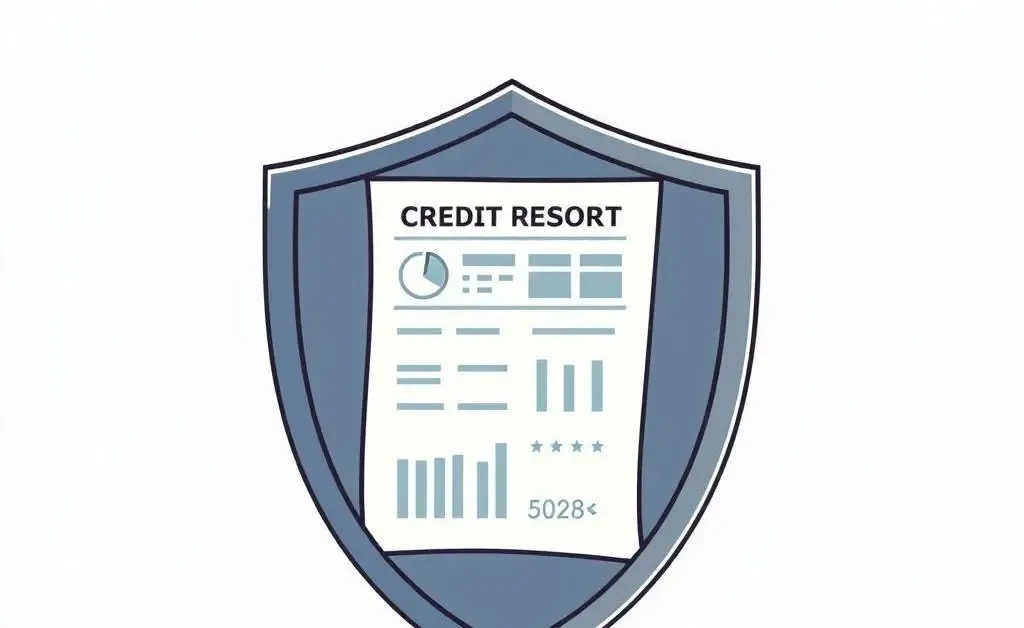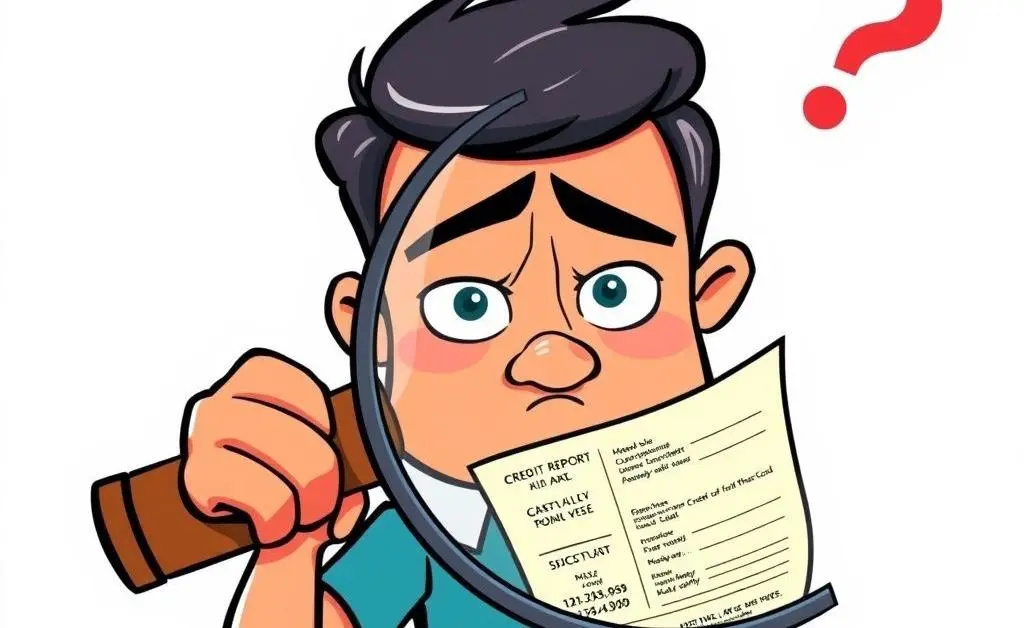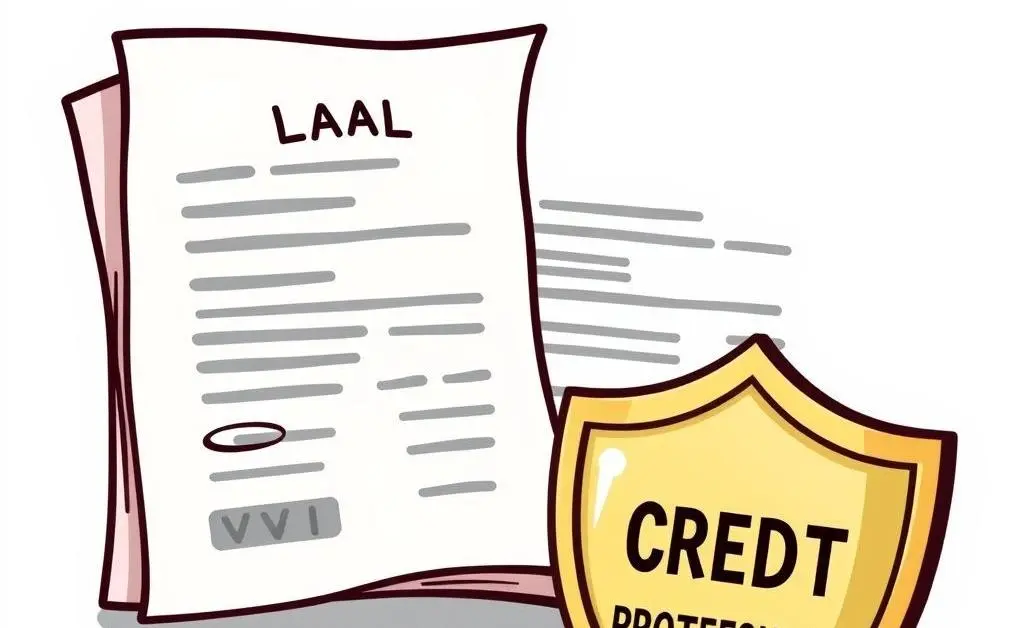How to Protect Your Credit Score from Unwarranted Hits
Learn practical tips to shield your credit score from unnecessary declines.

Hey there! Let’s dive into something that might not cross your mind daily but can have a big impact on your finances—protecting your credit score from unwarranted hits. Like a plumbing mishap that sneaks up on you, a credit score dip might catch you by surprise if you’re not vigilant.
Why Should You Care About Your Credit Score?
Your credit score is more than a number—it's a snapshot of your financial reliability. It determines everything from the interest rate on your mortgage to your ability to rent an apartment. A low credit score can make life unnecessarily expensive. So, it's crucial to maintain it as best as you can.

Understanding Credit Inquiries
Before we jump into protection strategies, let's understand the two main types of credit inquiries:
- Soft Inquiries: These don't affect your credit score and are often conducted by financial institutions assessing your risk as a borrower. Think of these as the equitably curious borrower's polite knock.
- Hard Inquiries: Unlike their softer cousins, hard inquiries do ding your credit score, albeit slightly. These are more intrusive, happening when you apply for a credit card, mortgage, or another financial product. Too many hard inquiries in a short time can scream 'risk' to lenders.

Practical Steps to Safeguard Your Credit Score
1. Monitor Your Credit Report Regularly
Knowledge is power! Regularly reviewing your credit report can help you spot errors quickly. Federal law allows you to get a free report annually from each of the three major credit bureaus. Use this to your advantage.
2. Say No to Unnecessary Credit Card Offers
You know that pile of pre-approved credit card offers sitting on your kitchen counter? Politely decline them unless you actually need a new credit card. Each application can mean a hard inquiry, and too many could hurt your score.
3. Implement Credit Freezes
If you're concerned about identity theft or unsure about certain inquiries, consider freezing your credit. This makes it harder for identity thieves to open accounts in your name. A quick call or online submission is all it takes and it can save you a lot of headaches down the line.

Stay Informed and Vigilant
Keeping your credit score healthy is an ongoing process that involves vigilance and informed decision-making. Remember, your credit score is a tool—handle it wisely, and it can open doors to financial opportunities.
What are your own tips or stories about safeguarding your credit score? Share your experiences below. Let’s learn from each other!




